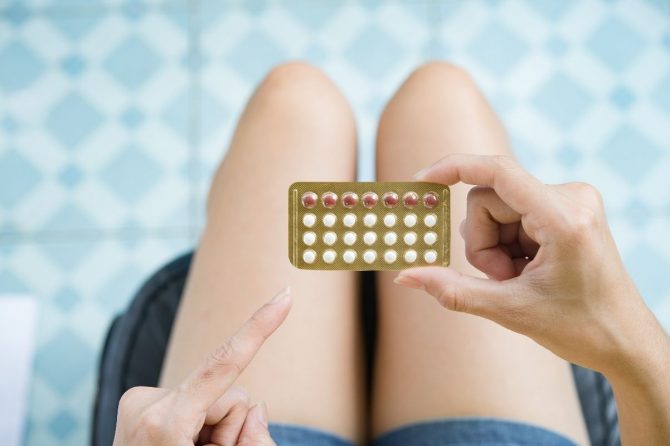
What Can I Do to Correct Hormonal Imbalance?
The endocrine system is a highly specialized body system responsible for producing hormones that play significant body functions. Hormones primarily affect energy, mood, growth, metabolism, and sexual organ maturation.
What are Hormones?
Hormones act as chemical signals that are released into the bloodstream when activated. They navigate to bodily tissues where they attach to specific receptors that trigger a response.
What Can I Take to Balance My Hormones?
Hormonal imbalance happens when there is too little or too much level of a specific hormone in the bloodstream. People with hormonal imbalances experience a wide range of symptoms depending on the hormone involved. Common signs and symptoms of hormonal imbalance include weight gain or weight loss, muscle fatigue, swelling of joints, unexplained humps of fats, change of heart rate, and so on.
The most natural way to balance hormones is by eating a healthy diet, manage your stress, get good sleep etc. In addition, there are supplements and nutrient enhancers available in the market that can help address hormonal imbalance issues.
How to Lose Weight While on Hormone Replacement Therapy?
Contrary to popular belief, there is no solid evidence that validates hormone replacement therapy to affect weight. While many menopausal women gain weight during the late years, hormone replacement therapy should not contribute to weight gain.
Nevertheless, there are natural ways to maintain optimal weight regardless of whether you take hormone replacement therapy:
- Increase physical activity.
- Watch your caloric food intake. Find balance in what you eat.
- Aim to sleep six (6) to eight (8) hours a day.
- Avoid junk foods, takeaways, and highly processed foods.
- Find time to eat nutritional labels on goods.
How to Cure Hormonal Imbalance
Many women struggle to restore hormone balance. Correcting a hormonal imbalance should start from identifying the correct etiology.
It is possible to balance hormones by completing the following:
- Get sufficient amounts of proteins. Proteins are needed to build cells and develop hormones. Without enough proteins, the human body produces fewer hormones that transmit signals and perform the most important biological processes. Proteins are not only found in meats. Tofu, lentils, pear, and beans are the richest plant-based sources of proteins.
- Control stress. Our body releases stress hormones called cortisol which enhances glucose uptake and boosts energy supplies. However, when excessively present in the bloodstream, cortisol can wreak havoc on health. Manage stress by meditation, taking time out, exercise, getting some rest, and taking things in perspective.
- Get good quality sleep. Sleep deprivation contributes to a spike or drop of hormones, particularly around the time of menopause. Address hormonal imbalance caused by not getting enough sleep by establishing sleep patterns. Have a good six (6) to eight (8) hours of sleep daily. Make room appealing to slumber by keeping the room, dark, warm, tidy, and comfortable. Avoid distractions during the sleeping period like gadgets. Instead, reading a book or practicing meditation are more effective ways to invite sleep.
How Can I Balance My Hormones – Hormone Replacement Therapy?
While there are ways to balance hormones, many women find the effect of hormone replacement therapy beneficial for their menopausal symptoms. Such treatment offers relief for older women who experience hot flushes, vaginal dryness, night sweats, and reduced sex drive. Hormone replacement therapy also prevents osteoporosis which is common during the menopausal stage.
If you are considering hormone replacement therapy to restore your hormones, speak to your local health provider or your nearest health and wellness clinic to discuss more the treatment and explore other options to cure hormone imbalance.




